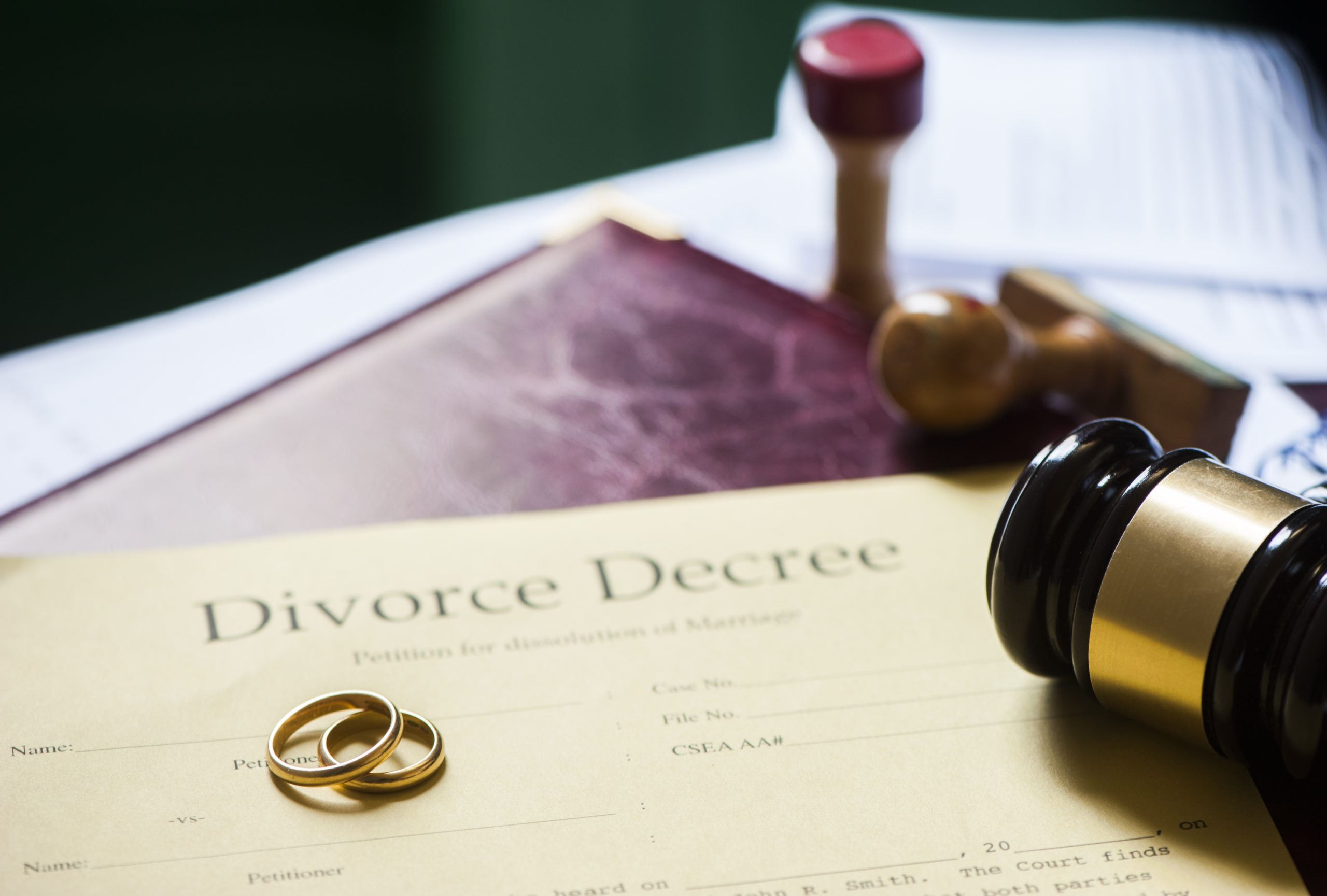
What is a Limited Divorce or Pendente Lite?
‘Pendente lite’ is Latin for ‘temporary.’ Applied to family law, it grants temporary use of the family home, family vehicles and additional support to the plaintiff filing for divorce if they request it. Limited divorce is not a prerequisite to absolute divorce, but it is a useful vehicle for couples who seek immediate separation, but still require a court order regarding temporary division of property and use of shared items. If you share children with your soon-to-be ex-spouse, are a homemaker, or are suffering under the yoke of domestic abuse, limited divorce may provide some temporary relief to you. If you schedule a consultation, our lawyers at Eveland & Foster, LLC can provide additional guidance regarding your case.
Filing Process
Parties may need to file for a limited divorce for several reasons. Most commonly, the marriage is on the rocks, one party may have constructively deserted or abandoned the other, or one party might be shielding financial assets, refusing to pay bills like the mortgage or insurance, or refusing to provide for the child’s needs. When one spouse effectively “checks out” of the marriage while the couple is still married, the other spouse needs to take action to maintain a safe and stable environment for themselves and their children. This is where limited divorce is critical. If you are a homemaker or do not have ready access to joint bank accounts and lines of credit, and your spouse has now refused to make timely payments, buy groceries or contribute in a meaningful way, you do not have to tolerate it.
Our attorneys can help you file for limited divorce in the county where jurisdiction is appropriate. NJ Rev. Stat. § 2A:34.23 (2019). This will depend on where you and your spouse reside or were married. Filing requires you serve the other party with notice and that your complaint is accompanied with a financial statement. Financial statements detail your financial picture, monthly income and expenses down to the letter. The judge will rely upon your financial statement and testimony to make a determination as to pendente lite relief. He or she may also order the other party to pay for legal and attorney’s fees. If abuse is present, the judge can also order the other spouse to stay away from you, relinquish weapons, attend therapy or counseling, and continue to financially contribute to monthly expenses and upkeep for the benefit of you and your shared children.
Temporary Relief
Pendente lite assists parties who are awaiting a trial date that is months away. Especially now, during the pandemic, multiple cases in family law and other disciplines are being postponed. Families simply cannot wait for a final order nearly a year later. Bills need to be paid, some continuity must remain, and children need stability. The supported spouse is also not expected to go out the next day after the parties decide to separate and find a job that can substitute the supporting spouse’s income. When pendente lite, or temporary relief is ordered, the supporting spouse is required to maintain family upkeep of the shared home, pay child tuition and expenses, utility bills, and all other expenses to maintain the standard of living to which the other spouse and shared children are accustomed.
When a final divorce hearing is held, the court will look at the limited divorce order and may order that the supporting spouse make alimony or child support payments. The final support order may be reduced or increased after financial statements and the parties’ income are verified and property distribution issues are settled. Entering into a new relationship or moving in with a new partner while your divorce is ongoing will negate all pendente lite payments received. If you are making payments to a supported spouse or have questions about modifying a limited divorce order, it is important you consult with experienced family law attorneys like our lawyers at Eveland & Foster.
Schedule a Consultation Today
If you and your ex-spouse are in a contentious relationship, are unofficially separated and think there is no hope for reconciliation, you can file for absolute divorce under several grounds. If you need immediate assistance, require financial help to maintain your current living status, or need temporary child support, filing for limited divorce may be a more viable option. Our attorneys at Eveland & Foster can help you identify the best course of action for your situation. Contact us today to schedule a consultation.
Disclaimer: This website and information presented are for the purposes of legal marketing and general education. No part of this site should be construed as legal advice. Please consult with an attorney regarding your specific situation. Please do not submit any confidential personal information through this website either by email contact form or chat. No aspect of this advertisement has been approved by the Supreme Court of New Jersey. We welcome your inquiries and offer consultations, however neither contacting our firm nor receiving a consultation establishes an attorney-client relationship.

